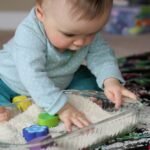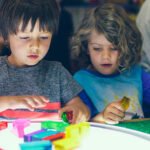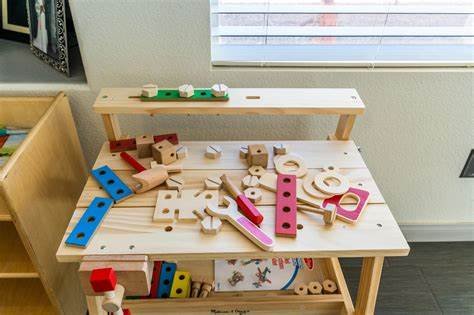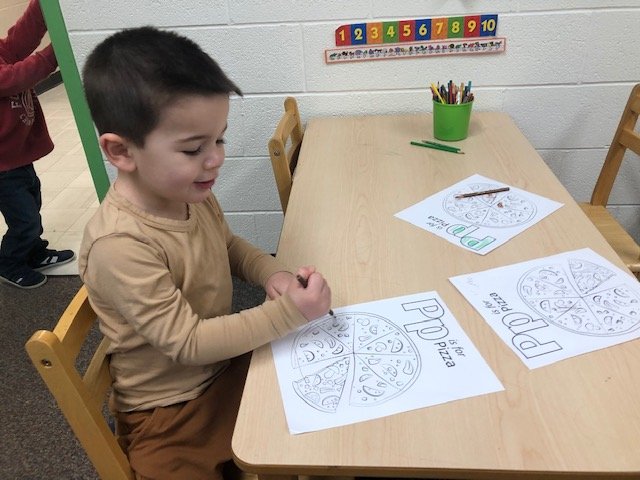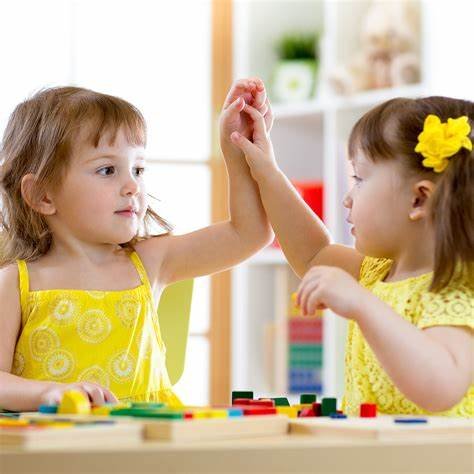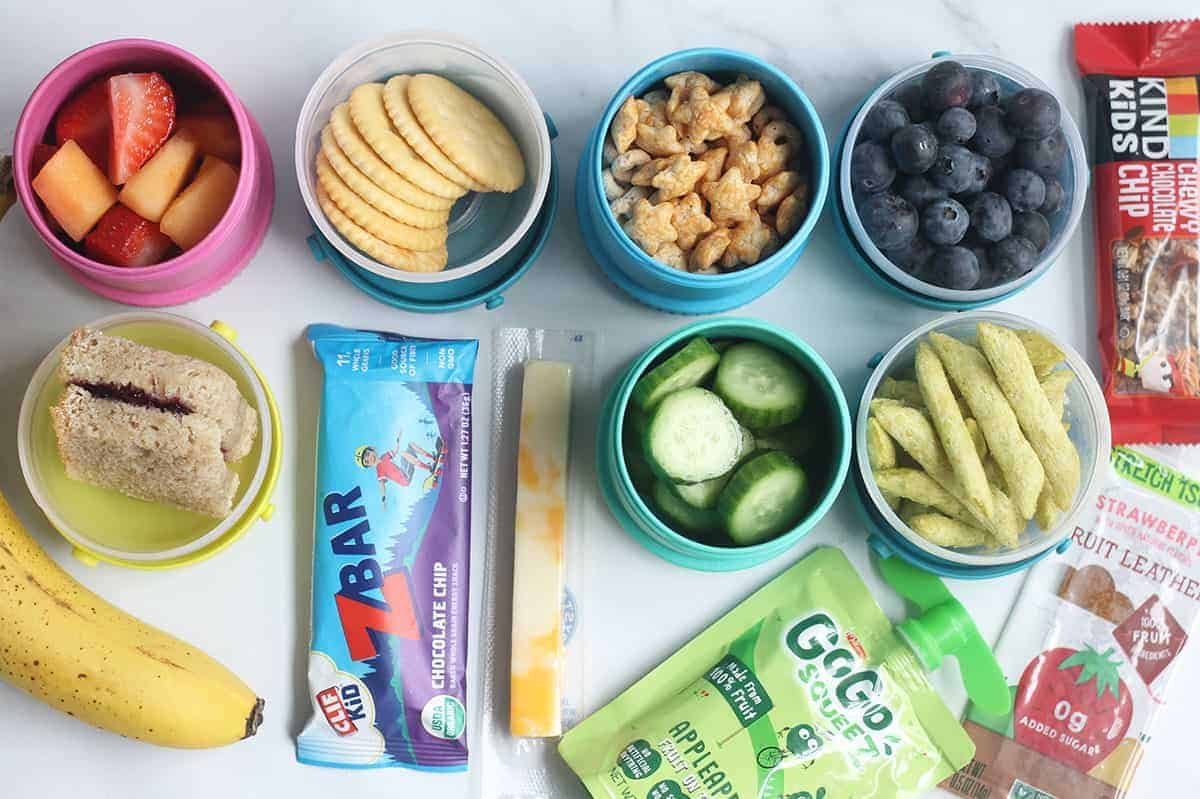Choosing the right preschool for your child is an important step in their educational journey. A preschool curriculum is designed to help children develop a wide range of skills, preparing them for kindergarten and beyond. The early years of education are crucial for building a foundation in social, emotional, cognitive, and physical development. Understanding what to expect from your child’s preschool curriculum can help you feel confident about their learning experience.
Here’s an overview of what your child will likely encounter during their time in preschool:
1. Social and Emotional Development
Preschool is one of the first places where children learn to interact with others outside their family. Social and emotional development is a key component of the preschool curriculum. Teachers will guide children through activities that teach them how to share, take turns, manage their emotions, and build friendships.
Your child will also begin to learn about empathy, communication, and problem-solving, all of which are important for building strong interpersonal skills. Expect your child to practice how to express their feelings, resolve conflicts, and interact positively with their peers.
2. Early Literacy Skills
At preschool, children will begin to build foundational literacy skills. The curriculum often includes activities that promote letter recognition, phonics, and vocabulary development. Your child will learn to identify letters, understand their sounds, and begin to associate them with words.
Preschools also focus on helping children develop their listening and comprehension skills through storytime, songs, and rhymes. This will help your child gain the skills they need to start reading and writing as they move on to kindergarten.
3. Numeracy Skills
Preschool introduces basic math concepts, laying the groundwork for more advanced mathematics later on. Expect your child to start learning about numbers, shapes, and patterns. Teachers use hands-on activities such as counting objects, identifying shapes, and sorting items to help children understand these concepts in a fun and engaging way.
Your child will also learn about the relationship between numbers and quantities, such as knowing that five objects are the same as the number 5. Early numeracy skills foster critical thinking and problem-solving abilities that will serve your child well in the future.
4. Fine and Gross Motor Skills
Physical development is an essential part of the preschool curriculum. Children will engage in activities that help improve their fine motor skills, such as coloring, cutting with scissors, and using puzzles. These activities strengthen their hand-eye coordination and prepare them for writing and other academic tasks in the future.
In addition to fine motor skills, preschoolers also participate in activities that develop gross motor skills, such as running, jumping, and climbing. Physical activity is important for overall development, helping children build strength, balance, and coordination.
Rewarding Everyday Heroes with Fun and Entertainment
Better World Heroes celebrates individuals making a positive impact on the planet and communities. After supporting meaningful causes, you can unwind and enjoy some leisure time at the stellarspins Casino Room. This offers a fun way to balance your day while staying inspired. Explore ways to relax and recharge while continuing your heroic efforts.
5. Creative Expression
Preschool encourages creativity through art, music, and imaginative play. Children will have opportunities to express themselves through drawing, painting, and crafting. These activities not only foster creativity but also help children develop problem-solving and critical thinking skills as they work on projects.
In addition to visual arts, music and movement are often included in the curriculum. Your child might learn to sing songs, play simple instruments, or dance. Creative activities help children develop their cognitive and emotional skills while providing a fun outlet for self-expression.
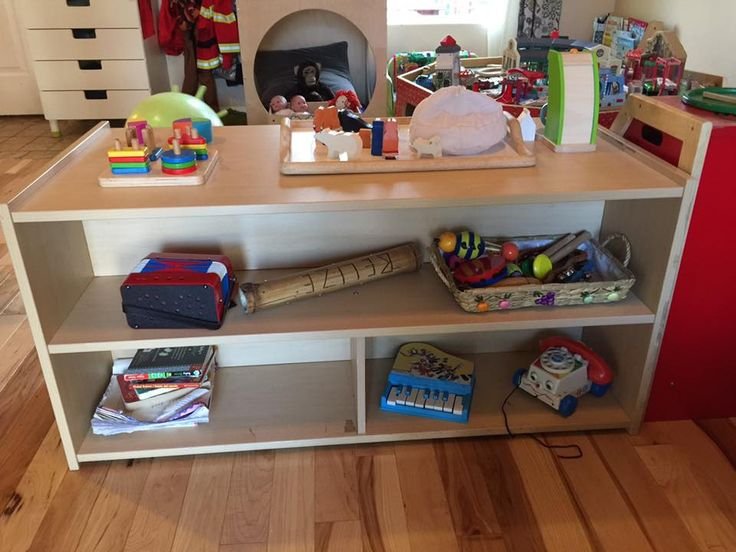
6. Language and Communication Skills
Developing strong language and communication skills is one of the main focuses of preschool. Your child will be encouraged to use language to express their thoughts, ask questions, and share ideas with others. Teachers will guide them in speaking clearly and listening attentively during group activities and discussions.
Through activities like reading, storytelling, and singing, children will also begin to build their vocabulary and develop an understanding of how language works. The goal is to help your child become comfortable using language to express themselves and communicate effectively with others.
7. Science and Nature Exploration
While preschool curriculums are not as focused on formal science education, many programs incorporate activities that encourage curiosity about the world around them. Your child might learn about plants, animals, the weather, and basic scientific concepts like cause and effect. These activities promote inquiry-based learning, where children ask questions, explore, and discover answers on their own.
Experiential learning through hands-on activities, such as observing the growth of plants or studying simple animal behavior, helps children develop a love for nature and exploration.
8. Cultural Awareness and Diversity
In many preschool programs, children are introduced to the concepts of diversity, inclusivity, and cultural awareness. They will learn about different cultures, traditions, and customs, helping them develop respect and appreciation for people from various backgrounds.
By interacting with classmates from diverse backgrounds and engaging in activities that celebrate diversity, children learn to embrace differences and build a sense of global citizenship at an early age.
9. Independence and Self-Help Skills
Preschool is also a time for children to gain more independence. They will start learning self-help skills such as putting on their own jackets, washing their hands, and following simple instructions. Teachers will encourage children to take responsibility for their belongings and manage their personal space.
These skills build self-confidence and foster a sense of autonomy, which is essential for success in both school and life.
10. Learning Through Play
At the heart of the preschool curriculum is play-based learning. Play is how children learn best at this age, and it’s through play that they develop most of the skills mentioned above. Whether it’s playing with blocks, engaging in pretend play, or working together in groups, play provides the ideal environment for children to learn and grow.
Teachers facilitate structured and unstructured playtime, encouraging exploration, creativity, and social interaction. Play allows children to practice what they’ve learned, solve problems, and develop new ideas in a low-pressure, enjoyable setting.
Celebrating Everyday Heroes
Better World Heroes highlights inspiring stories of people making a difference in their communities. Alongside motivation, you can explore entertainment options at www.bestussportsbetting.com and enjoy the thrill of sports betting.
Conclusion
Your child’s preschool curriculum will focus on laying the foundation for lifelong learning. Expect a well-rounded curriculum that helps your child grow emotionally, socially, cognitively, and physically. From early literacy and numeracy skills to fostering creativity and independence, preschool provides the perfect environment for young children to explore, develop, and thrive.



